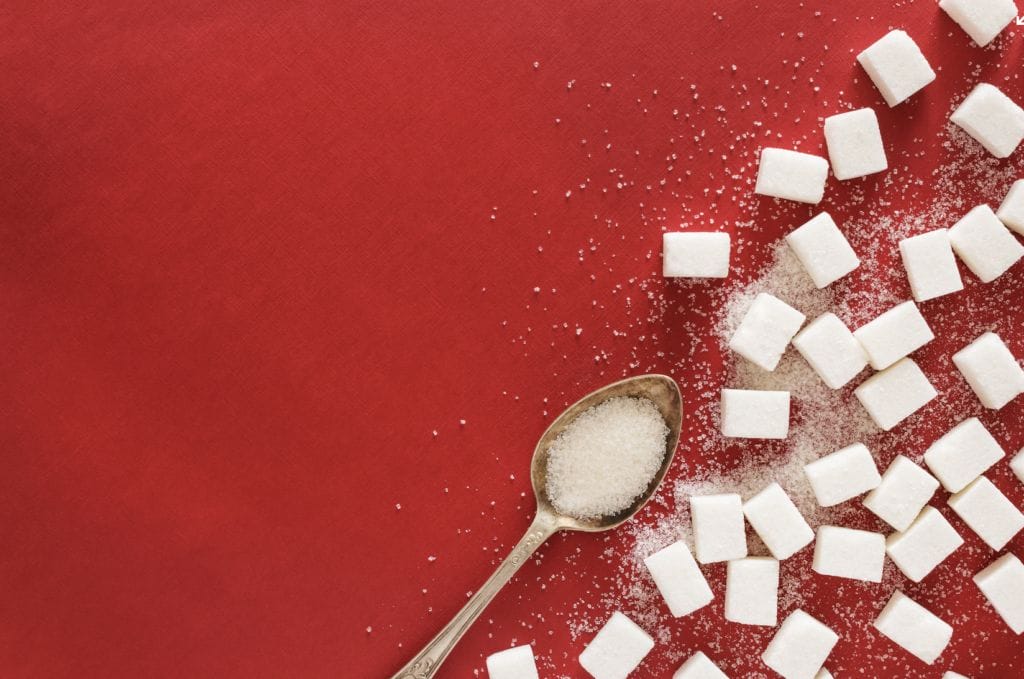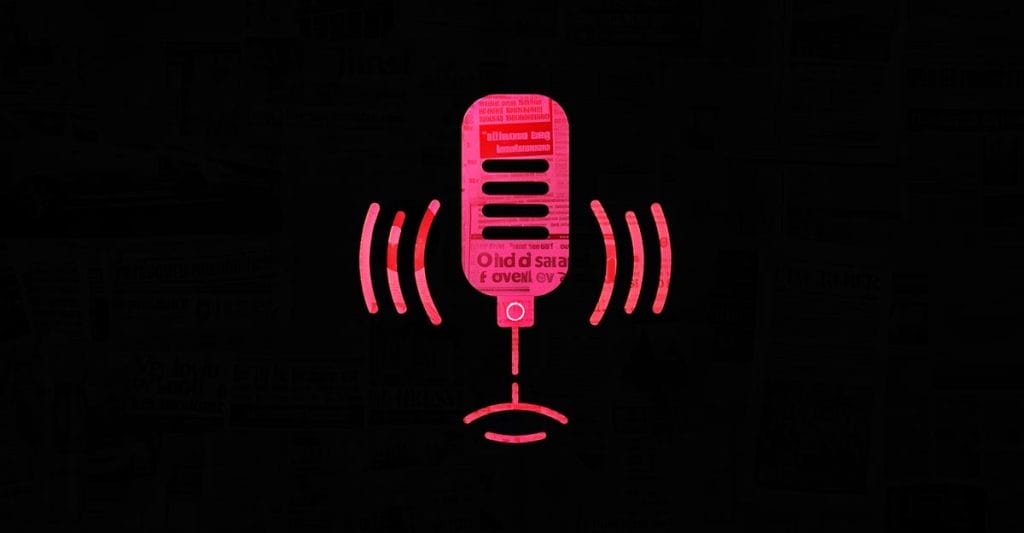The following is from The Defender.
An industry lobbying group paid health professionals to promote aspartame on social media to counter the World Health Organization’s (WHO) recent assessment that the artificial sweetener is “possibly carcinogenic” and ineffective for weight loss.
The payments, made as part of the American Beverage Association’s “Safety of Aspartame” campaign, represent a new tactic by the multibillion-dollar food and beverage industry to influence consumers: paying health professionals to create Instagram and TikTok posts that promote aspartame, sugar and other processed foods as part of healthy eating, according to an investigation by The Washington Post.
Post researchers analyzed thousands of social media posts and found corporations and industry groups paid dozens of dieticians for content that encouraged viewers to eat aspartame, candy, ice cream and supplements.
Many of the posts downplayed the health risks of highly processed foods.
Among 68 dieticians analyzed with 10,000 or more followers on social media, half of them had made such recommendations.
American Beverage, which represents hundreds of non-alcoholic beverage producers, including Coca-Cola and Pepsi, sponsored at least 35 posts by 10 registered dieticians, a fitness influencer and a physician to promote aspartame as safe.
Some dietitians reportedly noted when their posts were part of paid partnerships. But many did not, in violation of Federal Trade Commission (FTC) guidelines that advise social media influencers to disclose financial relationships with any brand.
The Post wrote:
“The strategy of enlisting dietitians on social media has allowed the industry to extend its vast reach and promote often-questionable nutrition advice to new generations of teenage and Gen Z eaters and millennial parents accustomed to finding news and health advice on social media.
“By paying registered dietitians — health professionals who specialize in nutrition — the food industry is moving beyond the world of ordinary online influencers to harness the prestige of credentialed experts to deliver commercial messages.”
Dr. Michelle Perro, pediatrician and executive director of GMO Science, told The Defender the posts are evidence of how “undisclosed relationships cause harm in the name of profit and also promote misinformation.”
“While the American Beverage trade group may not be enlisting illegal activities, many of the dietitians have crossed all ethical lines in their promotion of aspartame, especially considering the vulnerability of naive viewers,” Perro said.
American Beverage spokesperson William Dermody defended its tactics as ethical and said the organization explicitly asked the influencers to comply with applicable laws, including FTC guidelines.
He told The Defender the registered dieticians and nutritionists that participated in its campaign “shared their own informed opinions when communicating the facts to their audiences, and were up front about being paid.”
Dermody also argued that aspartame is a safe replacement for sugar, pointing to the U.S. Food and Drug Administration’s (FDA) position on aspartame and other scientific findings posted on American Beverage’s Safety of Aspartame website that explicitly contradict the WHO’s cited concerns about the sweetener.
In May, the WHO released new guidelines recommending against the use of non-sugar sweeteners like aspartame for weight loss. Then, in its July 14 hazard and risk assessment of aspartame, the International Agency for Research on Cancer (IARC) classified aspartame as “possibly carcinogenic.”
But the Food and Agriculture Organization of the United Nations and the WHO’s Joint Expert Committee on Food Additives (JECFA) — the expert committee cited by Dermody — in July also reaffirmed the acceptable daily intake of aspartame is 40 milligrams per kilogram of body weight.
Most dietitian influencers contacted by the Post would not divulge how much they are paid for sponsored posts. But payment reportedly ranges from a few thousand dollars to tens of thousands of dollars per post for influencers with large numbers of followers. (Continued…)
Read full article here.

Visit The Sharyl Attkisson Store today
Unique gifts for independent thinkers
Proceeds benefit independent journalism




It’s the same old song-isn’t it? Suppress the authentic attributes of a health and wellness paradigm, and encourage the predominance of a sickness-maintenance profiteering paradigm. This has been the legacy of a Rockefeller-funded medical establishment, including foundations and universities, in promoting the principles of corporate food and nutrition agendas that celebrate convenience and profitable highly processed junk foods. I highly recommend watching the film, “Idiocracy” -to all who have yet to watch this dark comedy (more reality than satirical at this stage.) Aspartame is a toxic additive-period. Then again, consider how difficult it’s been for health advocates who have tried to get Fluoride removed from the municipal water systems! [Fluoride is a known neurotoxin.]